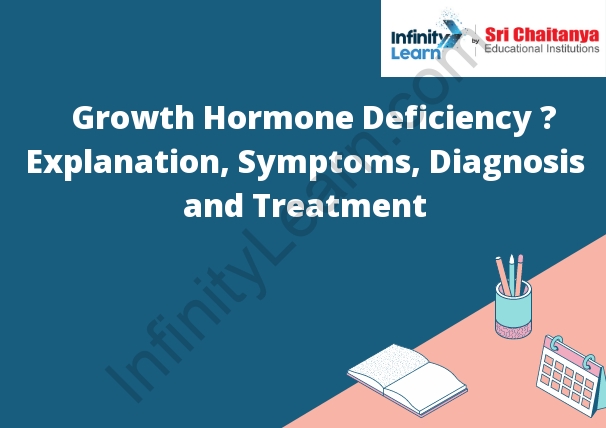Table of Contents
What is Growth Hormone Deficiency?
Growth hormone deficiency (GHD) is a disorder in which the body does not produce enough growth hormone. Growth hormone is a hormone that helps the body grow and develop during childhood and adolescence. It also helps the body maintain muscle and bone mass, and control the body’s use of fat.
People with GHD may have a shorter stature than average, and may have difficulty building muscle and maintaining a healthy weight. They may also have low levels of energy and be more prone to injury.

Several Genetic Defects have been Identified in Cystic Fibrosis
Cystic Fibrosis (CF) is a genetic disorder that affects the lungs and digestive system. It is caused by a mutation in the CFTR gene, which codes for a protein that helps regulate the flow of salt and water in and out of cells. This mutation causes the CFTR protein to malfunction, which can lead to the build-up of thick, sticky mucus in the lungs and digestive system.
There are several different genetic mutations that can cause CF, and each one leads to a slightly different form of the disease. Some of the more common mutations include the ΔF508 mutation, the G542X mutation, and the R117H mutation.
People with CF can experience a wide range of symptoms, depending on the severity of their mutation. The most common symptoms include difficulty breathing, coughing, wheezing, and chest pain. People with CF also tend to have a poor appetite and weight loss, and they can be more prone to infections.
There is currently no cure for CF, but there are a number of treatments available that can help manage the symptoms. These treatments include chest physiotherapy, antibiotics, and lung transplants.
CF is a relatively rare disease, affecting about 1 in every 2,500 people in the United States. However, it is the most common genetic disorder in the country.
Signs and Symptoms of GHD
GHD is a condition caused by a lack of growth hormone (GH). This hormone is produced by the pituitary gland, which is located at the base of the brain. GH is responsible for growth during childhood and adolescence.
People with GHD may experience the following symptoms:
• Delayed puberty
• Short stature
• Poor muscle mass
• Weak bones
• Increased body fat
• Reduced energy levels
• Poor sleep quality
• Depression
• Impaired sexual function
• Slow healing of wounds
Diagnosis of GHD or Growth Hormone Deficiency
Growth hormone deficiency (GHD) is a condition in which the body does not produce enough growth hormone. This can cause problems with growth and development. GHD may be caused by a problem with the pituitary gland, or it may be caused by damage to the hypothalamus. Treatment for GHD usually includes growth hormone replacement therapy.
There are a few different ways to diagnose GHD. One way is to measure the levels of growth hormone in the blood. If the levels are low, this may indicate that a person has GHD. Another way to diagnose GHD is to measure the levels of growth hormone in the urine. If the levels are low, this may also indicate that a person has GHD.
A doctor may also order a growth hormone stimulation test to diagnose GHD. For this test, a person is given a dose of growth hormone and then their blood is tested to see how much growth hormone is produced. If the levels are low, this may indicate that the person has GHD.
Treatment for Growth Hormone Deficiency
Growth hormone deficiency is a condition in which the body does not produce enough growth hormone. Growth hormone is a hormone that helps the body grow and develop during childhood and adolescence. Symptoms of growth hormone deficiency include short stature, poor muscle mass, and problems with cognitive function.
There is no cure for growth hormone deficiency, but treatment can help improve symptoms. Treatment options include growth hormone replacement therapy and other medications. Growth hormone replacement therapy involves receiving injections of growth hormone to replace the hormone that is missing. Other medications that may be used to treat growth hormone deficiency include IGF-1 inhibitors and somatostatin analogs.
If you are diagnosed with growth hormone deficiency, it is important to talk to your doctor about the best treatment option for you.







